Welcome to the Taking a Shower Vocabulary Page! Here, you will find a comprehensive list of vocabulary related to taking a shower. This page includes links to games, flashcards, and other resources to help you learn and practice the terms associated with this topic. Get ready to expand your knowledge and improve your understanding of shower-related vocabulary!
Taking a shower is an essential part of a daily hygiene routine, helping to cleanse the body and leave you feeling refreshed. Not only does showering remove dirt and sweat, but it also helps to reduce the risk of infections and skin irritations. Using a good quality body wash or soap can help to nourish the skin and maintain its natural moisture balance. Additionally, taking a shower can promote relaxation and reduce stress, making it an important self-care practice. Overall, incorporating regular showers into your routine can lead to improved overall health and well-being.
Practice & Reinforce Your Learning
Taking A Shower Vocabulary List
Bathing

- After a long day at work, she loves to unwind by taking a bubble bath in her luxurious bathtub.
- The bathtub in the hotel room was so big that it could fit two people comfortably.
- As a child, he loved playing with his rubber duckies in the bathtub for hours on end.
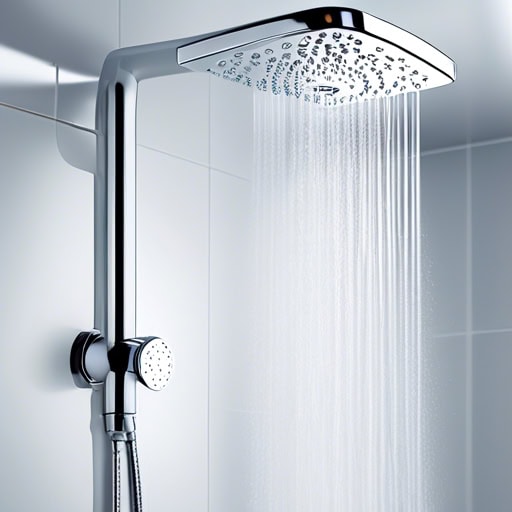
- I always feel refreshed and rejuvenated after taking a hot shower in the morning.
- After a long day at work, all I want to do is take a relaxing shower to wash away the stress.
- I need to hurry up and take a quick shower before heading out to meet my friends for dinner.
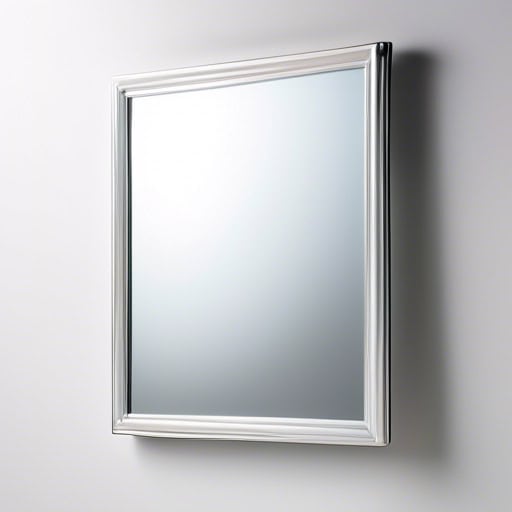
- I stared at my reflection in the mirror as I brushed my teeth before bed.
- She carefully applied her makeup, using the mirror to ensure every detail was perfect.
- The bathroom mirror fogged up after a hot shower, obscuring my reflection.
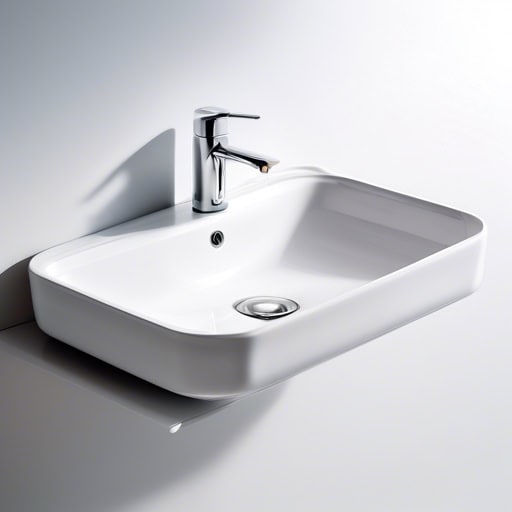
- The sink in the bathroom was overflowing with soapy water.
- I accidentally dropped my wedding ring down the sink drain.
- The children fought over who got to stand on the step stool to reach the sink.
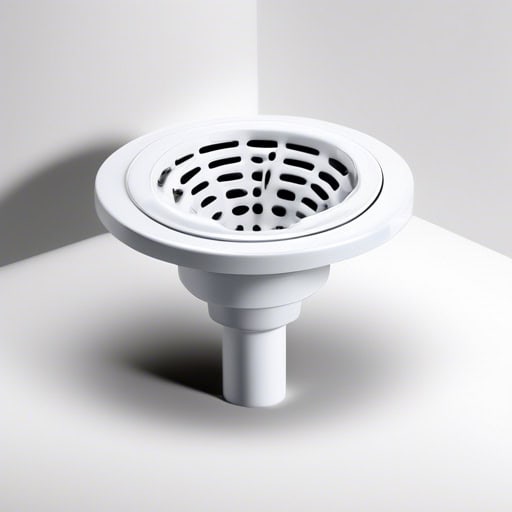
- The drain in the shower was clogged with hair and soap scum.
- She watched as the water slowly disappeared down the drain.
- The plumber was called to fix the leaky drain in the kitchen sink.
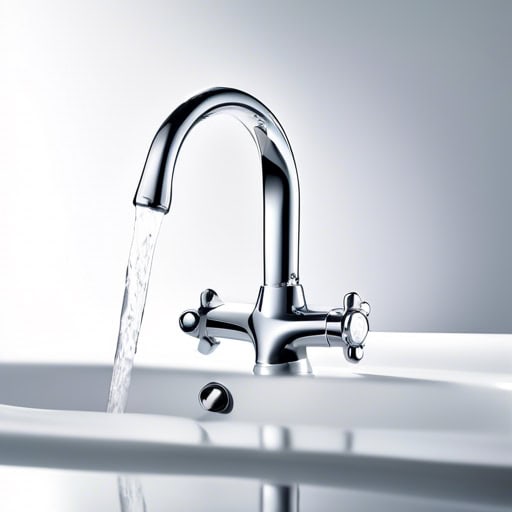
- The faucet in the shower started leaking last night.
- I need to replace the faucet in the bathroom sink.
- Don't forget to turn off the faucet after you finish washing your hands.
Cleansing
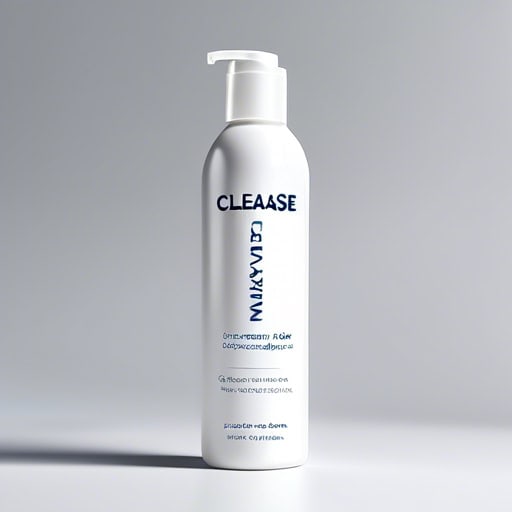
- After a long day of hiking, I like to cleanse my body in a hot shower to wash away all the sweat and dirt.
- Some people believe in the power of a juice cleanse to rid their bodies of toxins and improve their overall health.
- Before performing a ritual, it is important to cleanse the space by burning sage to clear out any negative energy.
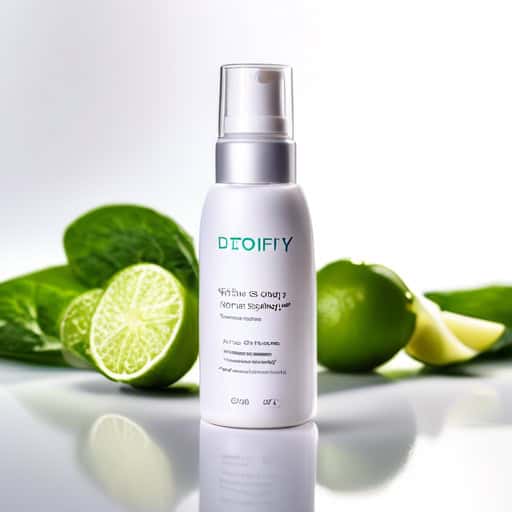
- After a weekend of indulging in unhealthy foods, I decided to detoxify my body by drinking plenty of water and eating lots of fruits and vegetables.
- Many people believe that drinking green tea helps to detoxify the body and improve overall health.
- It is important to regularly detoxify your body to rid it of harmful toxins and chemicals that can build up over time.
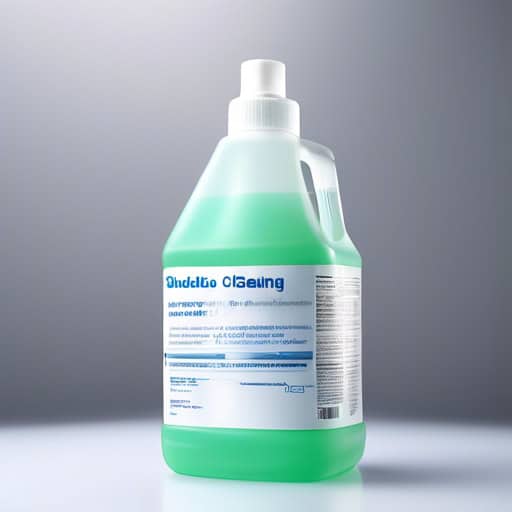
- I always make sure to disinfect my kitchen countertops after preparing raw meat to prevent cross-contamination.
- The hospital staff regularly disinfects all medical equipment to prevent the spread of infections.
- It is important to disinfect frequently-touched surfaces in your home, such as doorknobs and light switches, to reduce the risk of illness.
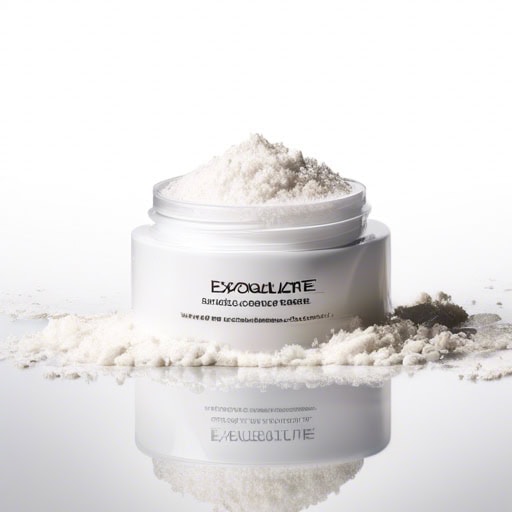
- I exfoliate my skin twice a week to keep it smooth and glowing.
- She uses a gentle exfoliating scrub to remove any build-up of dead skin cells.
- Exfoliating regularly can help prevent clogged pores and breakouts.
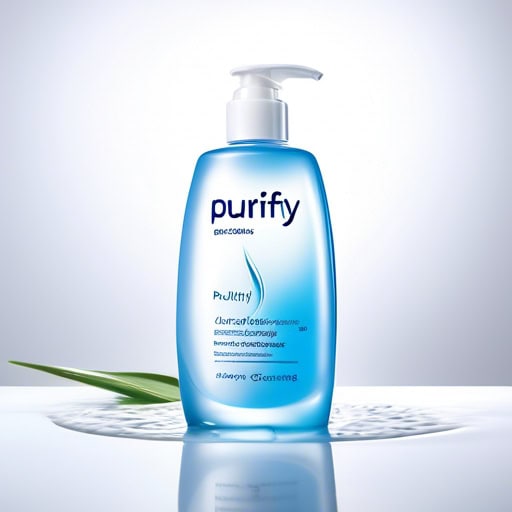
- She used a special facial cleanser to purify her pores and prevent acne.
- After a long day of hiking, she decided to purify herself with a refreshing shower.
- The water treatment plant works tirelessly to purify the city's drinking water supply.
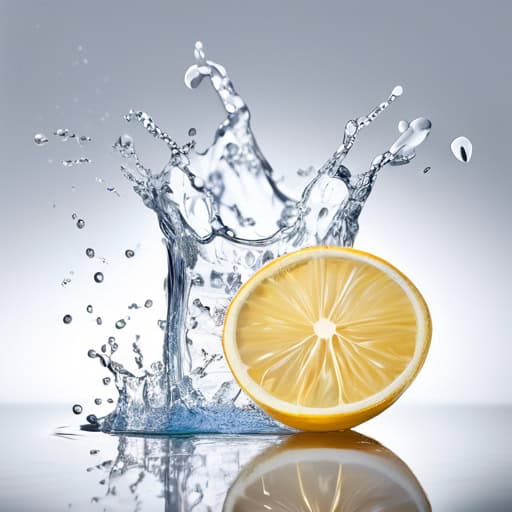
- After shampooing my hair, I always make sure to thoroughly rinse out all the suds.
- Don't forget to rinse your hands with soap and water before handling food.
- I like to rinse my face with cold water in the morning to wake myself up.
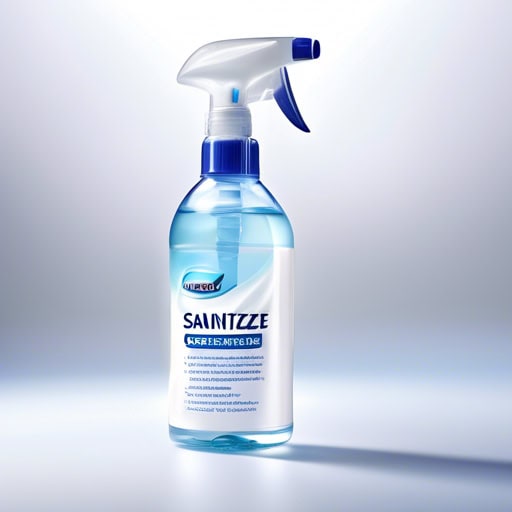
- Please remember to sanitize your hands before entering the hospital room.
- The restaurant staff sanitize the tables and chairs after each customer.
- It is important to regularly sanitize your phone to prevent the spread of germs.
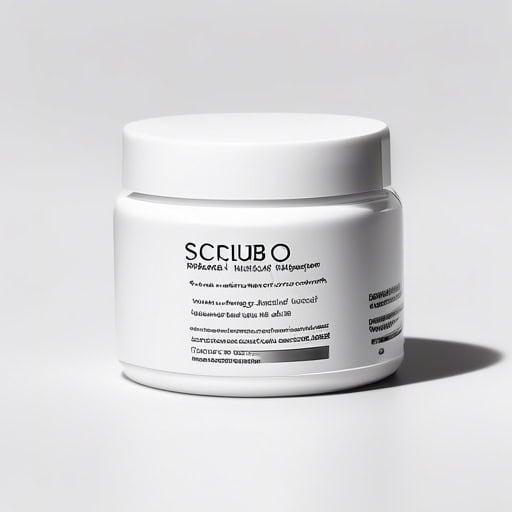
- I like to use a gentle scrub on my face to exfoliate and smooth my skin.
- After working in the garden, I always scrub my hands thoroughly to remove dirt and grime.
- She scrubbed the kitchen floor on her hands and knees until it sparkled.
Water temperature
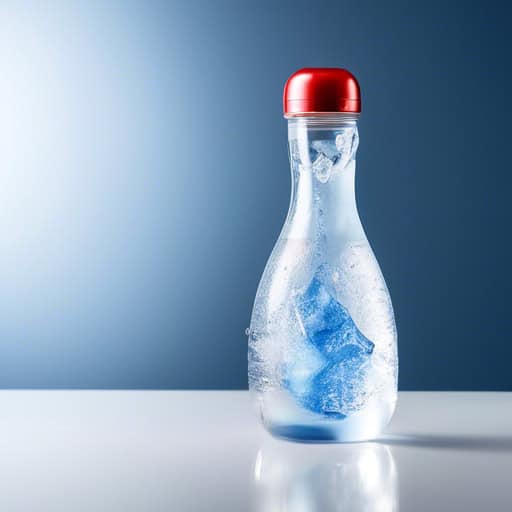
- The tepid soup was not as satisfying as a steaming hot bowl on a cold day.
- She received tepid feedback on her presentation, leaving her feeling unsure about its success.
- The tepid response to the new product launch was disappointing for the marketing team.
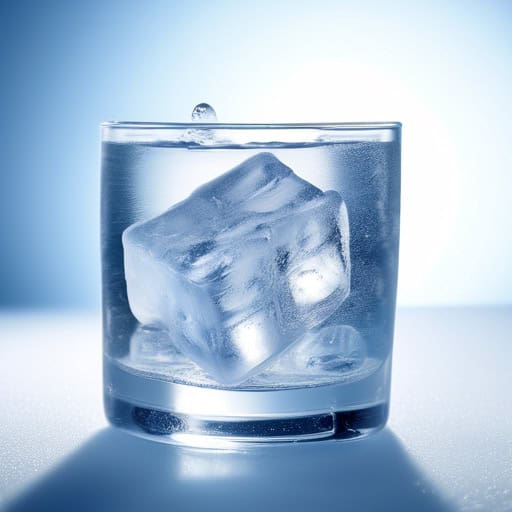
- The water in the shower was so freezing that I could barely stand to rinse off.
- I forgot to turn on the heat last night, so my house is freezing this morning.
- The wind chill made the weather feel even more freezing than the actual temperature.
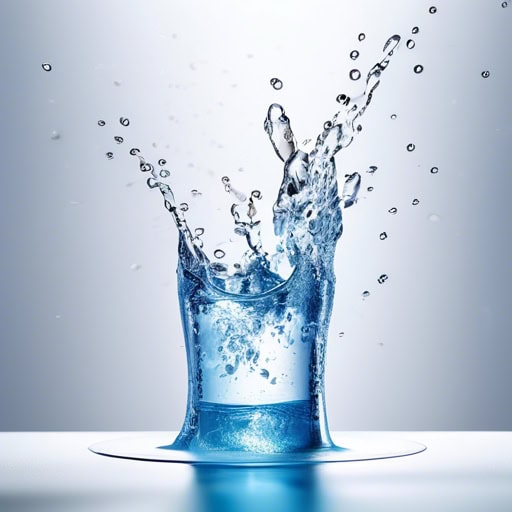
- The scalding water from the shower burned my skin.
- She screamed as the scalding hot tea spilled on her lap.
- The scalding steam rising from the pot made it difficult to cook without getting burned.
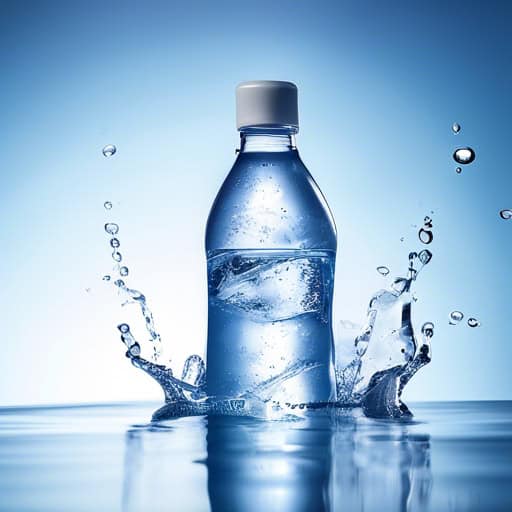
- The cold water shocked her awake as she stepped into the shower.
- She shivered as the icy cold water ran down her back.
- The cold water made her skin turn pink from the sudden change in temperature.
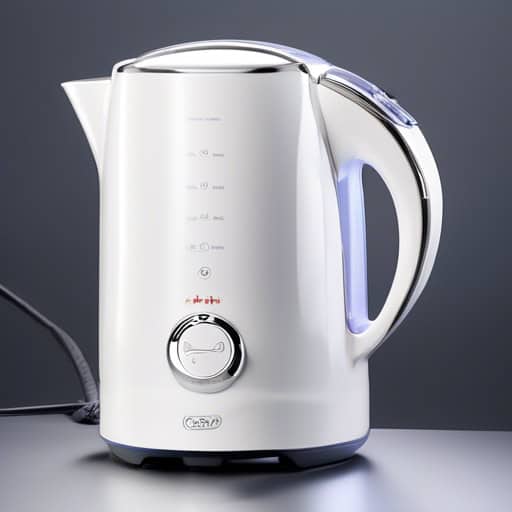
- The hot water in the shower felt soothing on my sore muscles.
- I couldn't help but let out a sigh of relief as the hot water cascaded over me.
- After a long day, nothing beats a hot shower to help me relax and unwind.
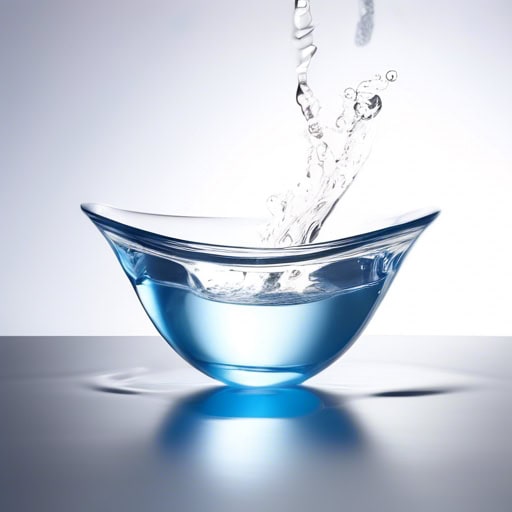
- The sun felt warm on my skin as I lounged by the pool.
- I love snuggling up with a warm blanket on a cold winter night.
- The cozy fireplace filled the room with a warm glow.
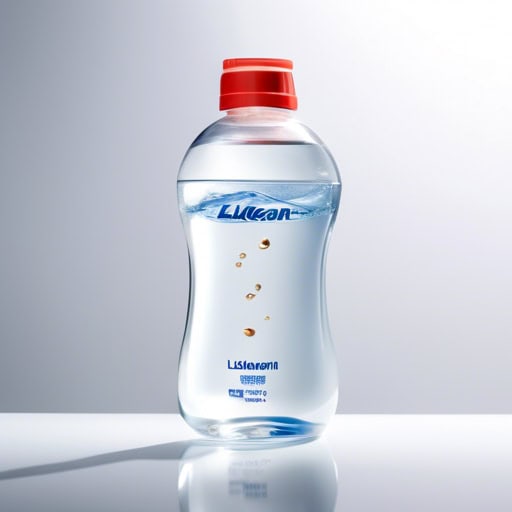
- The lukewarm bath water was soothing after a long day at work.
- She served the soup lukewarm, as it was meant to be enjoyed at a slightly lower temperature.
- The coffee had been sitting out for hours and was now only lukewarm, no longer as enjoyable to drink.
Soaps and shampoos
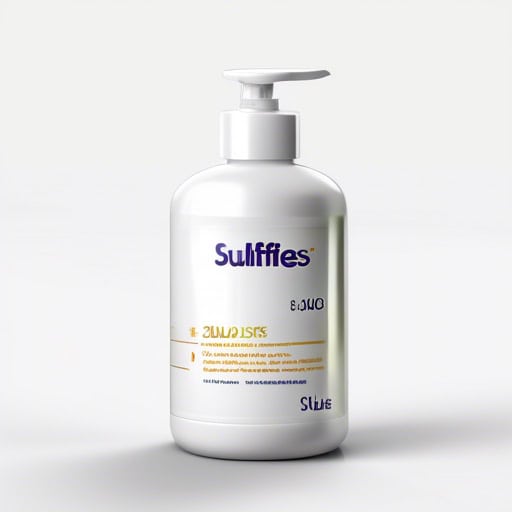
- My shampoo contains sulfates which helps to create a rich, foamy lather that effectively cleanses my hair.
- Some people prefer sulfate-free products as they believe sulfates can strip the hair of natural oils and cause dryness.
- It's important to read labels and choose products that best suit your hair needs, whether they contain sulfates or not.
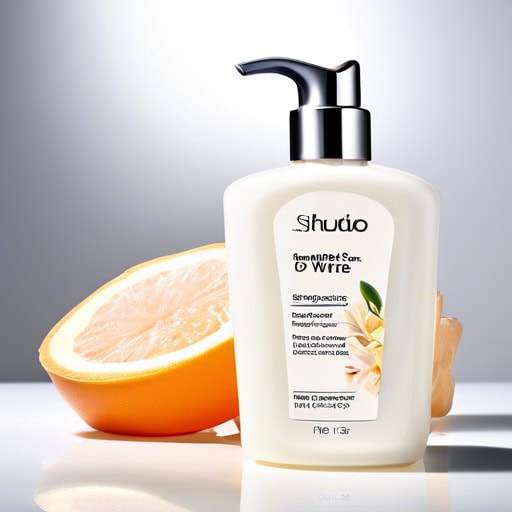
- My skin feels soft and smooth after using this moisturizing lotion.
- I always make sure to use a moisturizing shampoo to keep my hair hydrated.
- The moisturizing body wash I bought is perfect for my dry skin.
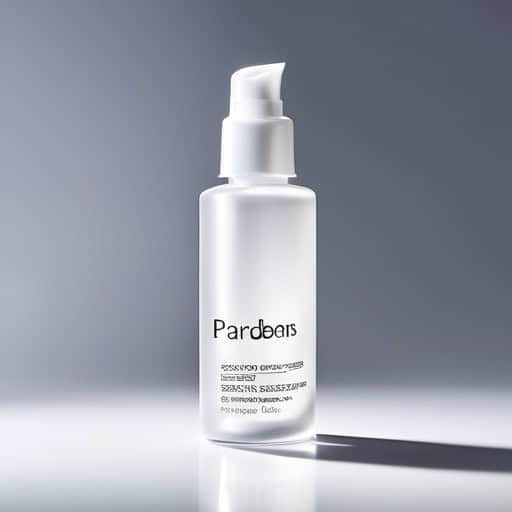
- Many people choose to avoid products with parabens due to concerns about their potential health effects.
- It is important to read labels carefully to determine if a product contains parabens.
- Some companies have started producing paraben-free alternatives to cater to this growing demand.
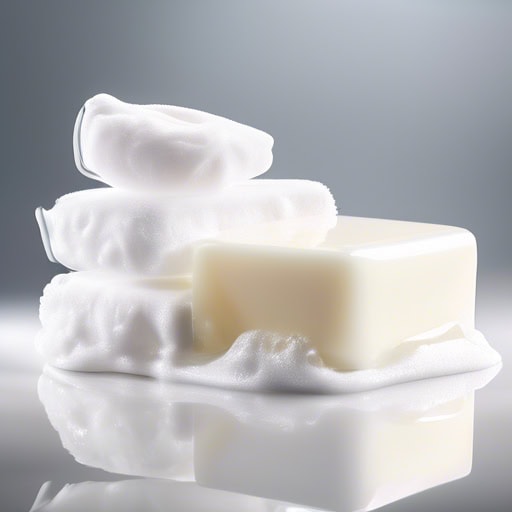
- She worked the soap into a thick lather before scrubbing her hands clean.
- After applying the shampoo, she massaged it into a rich lather to thoroughly clean her hair.
- The barber expertly worked the shaving cream into a luxurious lather before beginning to shave the customer's beard.
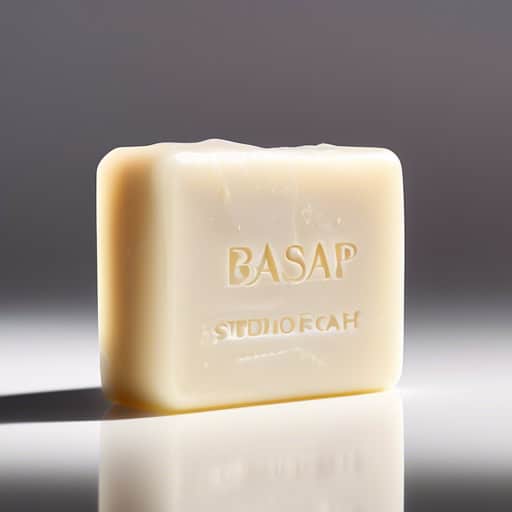
- I prefer using bar soap over liquid body wash because it lasts longer and produces less waste.
- The bar soap in the hotel bathroom smelled like lavender and left my skin feeling clean and refreshed.
- I always make sure to pack a travel-sized bar soap when going on vacation to avoid using harsh hotel soaps.
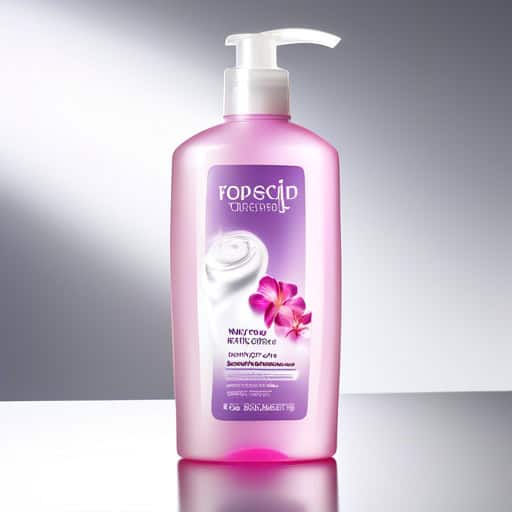
- I love the refreshing scent of my new body wash in the morning.
- After a long day at work, I enjoy relaxing in the shower with a luxurious body wash.
- Shea butter body wash leaves my skin feeling soft and smooth.
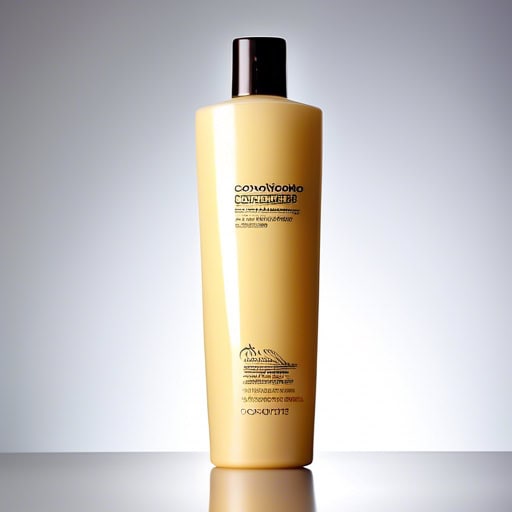
- After shampooing, I always apply a generous amount of conditioner to my hair to keep it soft and manageable.
- My favorite conditioner contains argan oil, which helps to nourish and hydrate my hair.
- Using a good quality conditioner regularly can help improve the overall health and appearance of your hair.
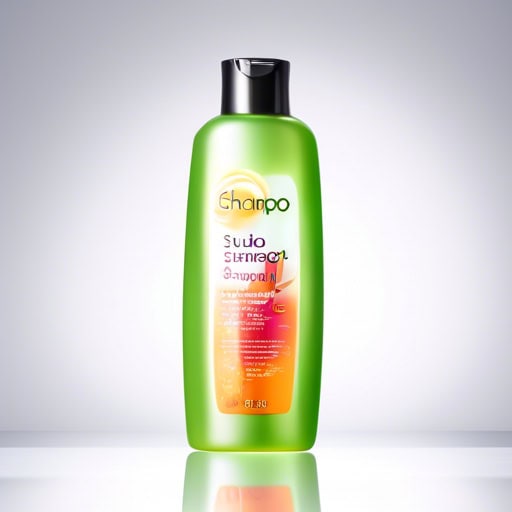
- I need to buy a new bottle of shampoo for my shower.
- After a long day at the beach, I can't wait to wash my hair with shampoo.
- My hairstylist recommended a sulfate-free shampoo for my color-treated hair.
Towels and washcloths
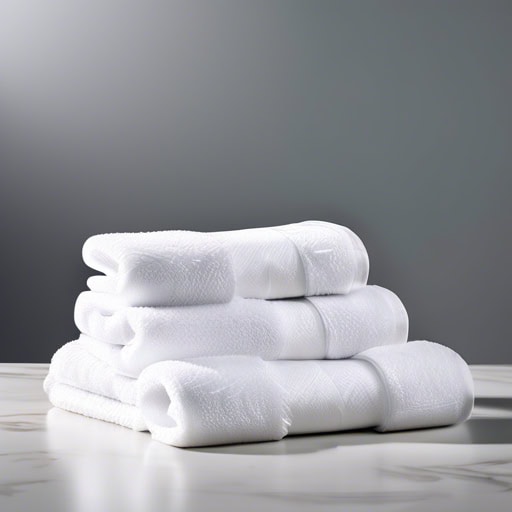
- The new towels I bought are incredibly absorbent, drying me off in no time after my shower.
- I prefer using washcloths that are highly absorbent to help keep my skin feeling clean and fresh.
- The key to a good towel is its absorbent material, which makes it efficient at drying off wet skin.
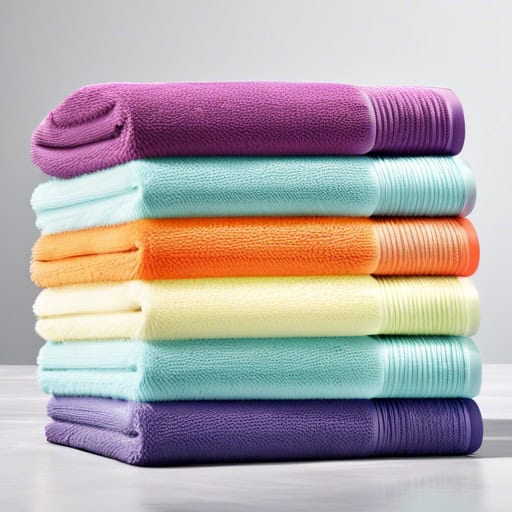
- I love using microfiber towels to dry off after a shower because they are so gentle on my skin.
- The microfiber washcloths are perfect for removing makeup without irritating my face.
- I always pack a few microfiber towels in my gym bag because they are lightweight and easy to carry.
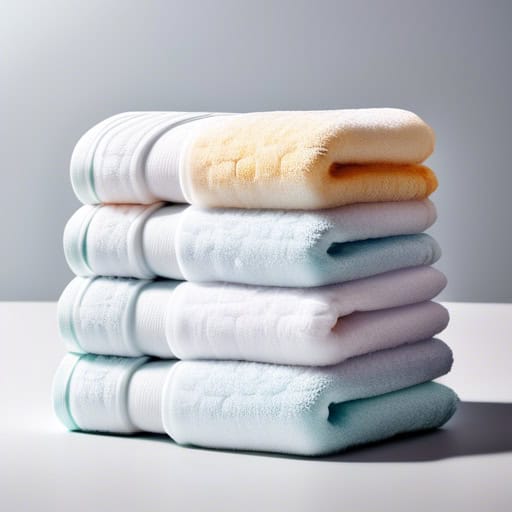
- The cotton towels in the bathroom are incredibly soft and fluffy.
- I prefer using cotton washcloths because they are gentle on my skin.
- She always chooses cotton bedding for its breathability and comfort.
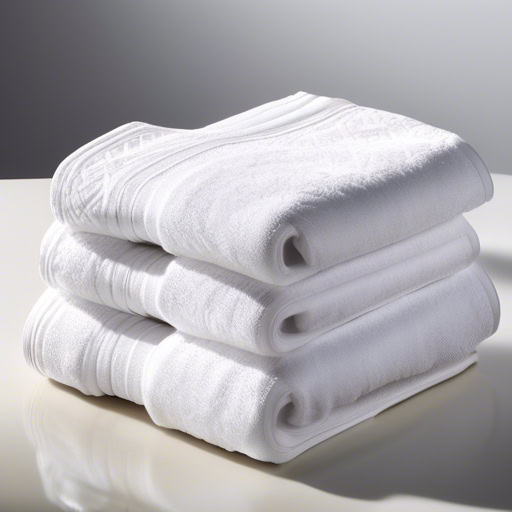
- I grabbed a clean bath towel from the linen closet.
- After my shower, I wrapped myself in a fluffy bath towel.
- The bath towel was still damp from my morning shower.
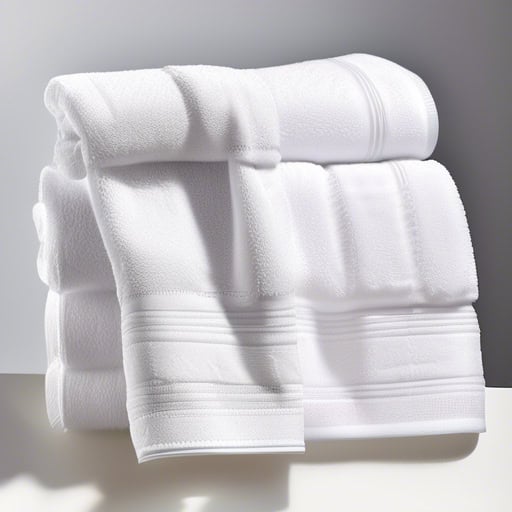
- I always make sure to have a clean hand towel hanging in the bathroom for guests to use.
- After washing my face, I reach for the hand towel to dry off.
- In the kitchen, I keep a hand towel nearby to quickly dry my hands while cooking.
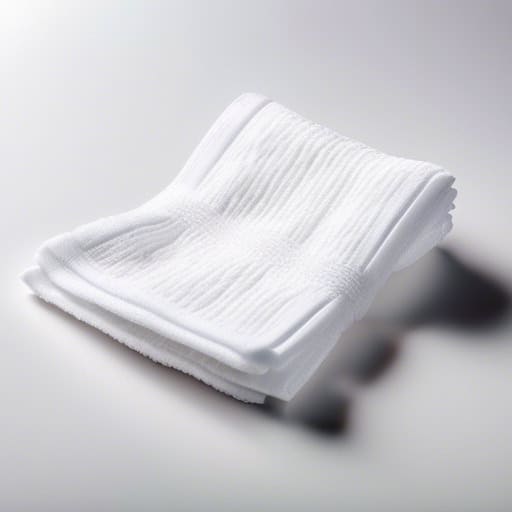
- I always make sure to have a fresh washcloth ready for my shower each morning.
- The hotel provided a soft washcloth along with the complimentary toiletries.
- After a long day at the beach, I used a damp washcloth to wipe the sand off my skin.
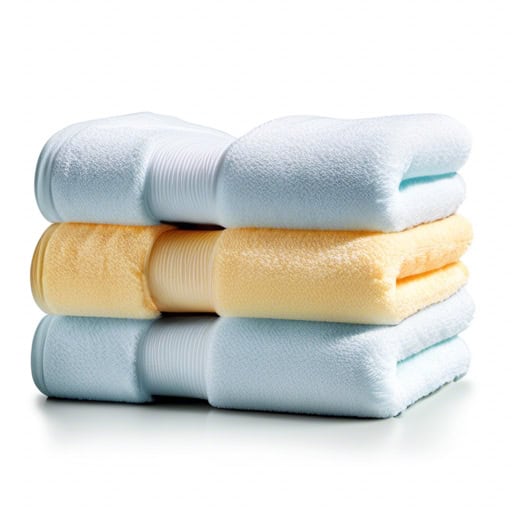
- She wrapped herself in a plush Terry cloth towel after stepping out of the shower.
- The Terry cloth bathrobe felt luxurious against her skin as she lounged around the house.
- The hotel provided guests with fluffy Terry cloth towels for use at the pool.
Quick Facts
- One study found that taking a hot shower can boost creativity by increasing dopamine levels in the brain.
- Showering in cold water has been shown to improve circulation and help reduce muscle soreness.
- On average, Americans spend about 8 minutes in the shower, while Europeans spend closer to 10 minutes.
- Taking a shower before bed can help improve sleep quality by lowering body temperature and relaxing muscles.
- The average person uses about 17 gallons of water during a 8-minute shower, but installing a low-flow showerhead can reduce water usage by up to 50%.
